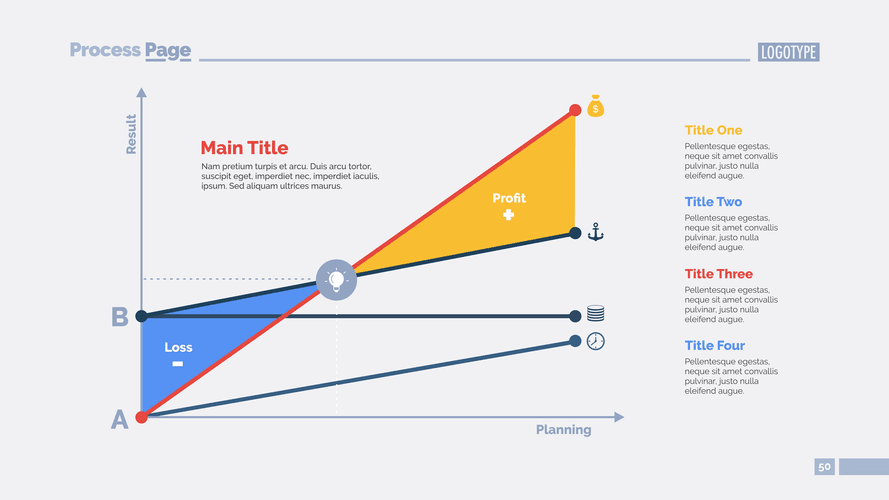
Full charge bookkeepers do not necessarily need a finance education or certification, though they can obtain licensing to enhance their professionalism. Conversely, staff accountants typically hold a bachelor’s degree in finance or accounting. Bookkeepers are responsible for accurately calculating employee wages, taxes, and deductions.

Job Brief

Outsourcing bookkeeping services has become a popular option for businesses of all sizes. Many companies, especially small and medium-sized enterprises (SMEs), are recognizing the benefits of delegating their bookkeeping tasks to external professionals. Moreover, technology has enabled real-time collaboration between bookkeepers and their clients or colleagues. Cloud-based platforms allow for seamless sharing of financial data, making it easier to work remotely and collaborate on projects.
- Through detailed analysis, they provide insights that support strategic planning and operational improvements.
- Vyde is a licensed accounting firm (CPA) based in Provo, Utah, and members of the AICPA.
- Outsourcing bookkeeping services, on the other hand, offers flexibility and can save you money.
- By maintaining compliance, you help mitigate financial risks, avoid penalties, and uphold the company’s reputation.
- During their previous roles, bookkeepers gain hands-on experience in managing financial records, preparing financial statements, and reconciling accounts.
Small Businesses

A full charge bookkeeper handles much more—and at KRS CPAs, this role is central to how we help clients stay sharp, organized, and ready for whatever comes next. It also frees up your time http://eetranslations.nl/blog/solved-what-is-the-term-for-the-systematic-2/ and resources, letting you focus on other important business areas. Plus, you get access to the latest technology and knowledge on compliance and regulations. As a Full-Charge Bookkeeper, you need to be detail-oriented and know Microsoft Excel well. As a full charge bookkeeper’s career progresses, they should look for opportunities to gain specialized knowledge in distinct industries. For instance, experience in grant accounting could propel their career forward in the non-profit sector.
Steps to Become a Full Charge Bookkeeper
- They are proficient in handling all bookkeeping duties up to the preparation of financial statements for the company’s CPA to use for tax preparation and high-level analysis.
- At Taxfyle, we connect small businesses with licensed, experienced CPAs or EAs in the US.
- Depending on your company’s size, the way it’s structured, and the level of expertise required, you might decide whether you need to hire a regular or full charge bookkeeper.
- So the position of a full charge bookkeeper doesn’t cover all the duties of an accountant.
- Pramod has over 11 years of experience relating to finance and accounts in diversified industries.
They know a lot about accounting and are often the main contact for financial issues. A full-charge bookkeeper is a professional responsible for overseeing a company’s entire accounting cycle. Unlike a standard bookkeeper who might handle only specific tasks, such as accounts payable or data entry, a full-charge bookkeeper manages all of the day-to-day financial operations.
Full Charge Bookkeeper responsibilities include auditing financial documents and procedures, reconciling bank statements and calculating tax payments and returns. The dynamics of financial management evolve, and with each shift, the demand for proficient individuals who can manage, develop, and protect our financial records escalates. The “full charge” part means you’re not just doing the tasks—you’re managing the whole process. Our bookkeepers assets = liabilities + equity often supervise support staff, helping ensure everything runs smoothly and deadlines are met. This role is hands-on, client-facing, and a great fit for someone who thrives with variety and ownership in their work. Having an in-house bookkeeper means they’re always there for your company’s needs.

Adept in maintaining accurate financial and tax records and creating financial reports that are vital for strategic decision- making. A Full Charge Bookkeeper handles all aspects of a company’s financial operations, including preparing financial statements, managing payroll, and filing tax returns. They often work independently, whereas regular bookkeepers may focus on more specific tasks and work under the supervision of an accountant. A Full Charge Bookkeeper plays a crucial role in the full charge accountant financial management of small to medium-sized businesses.
